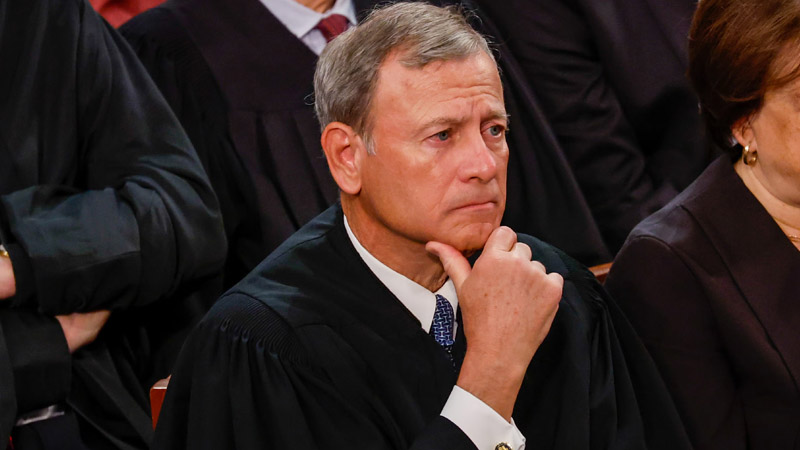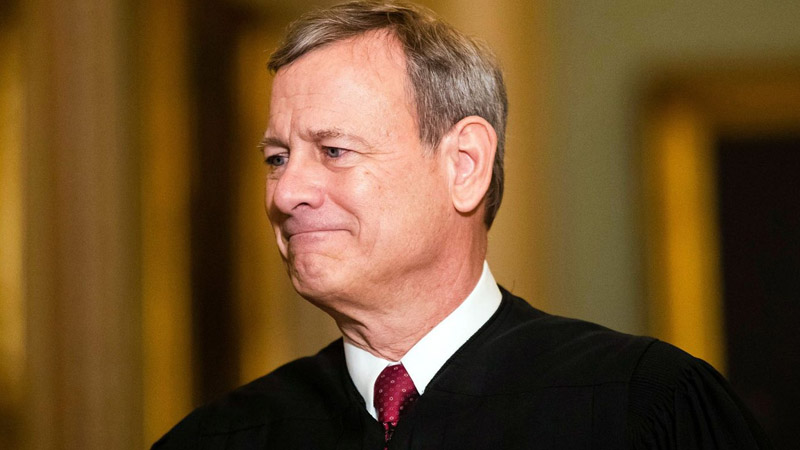In a move sparking controversy, the Supreme Court has intervened to permit Virginia’s Republican governor, Glenn Youngkin, to continue a purge of “non-citizens” from voter rolls — despite two lower federal courts finding that the purge violates federal law. This decision, delivered in an unsigned and unexplained order, temporarily overrides previous rulings that sought to halt the purges in the lead-up to the election.
The issue centers on the timing of the voter roll purge, which is typically permitted and even required under the National Voter Registration Act (NVRA) to ensure election integrity. However, the NVRA stipulates a “quiet period” prohibiting such purges within 90 days of an election to prevent erroneous removals from the rolls.
This “quiet period” allows eligible voters to verify and correct their status if mistakenly flagged, as rushed purges can lead to wrongful disenfranchisement of citizens. In response to Governor Youngkin’s plans, the Justice Department filed a lawsuit, and two federal courts agreed that Virginia’s timing violated the NVRA. Nonetheless, the Supreme Court’s conservative majority issued an emergency order allowing the purge to proceed.
The decision was made without a detailed explanation, a practice critics call the “shadow docket” — an emergency process often used for decisions that bypass typical transparency and debate. Ruth Marcus, columnist and associate editor at The Washington Post, sharply criticized the Supreme Court’s decision. She argued that Virginia’s defense was built on a flawed interpretation of the NVRA, which they claimed does not protect against purges of non-citizens because they were “never eligible to vote in the first place.” According to Marcus, this reading distorts the law’s intent and scope.
“Virginia’s argument boiled down to a contention that the law doesn’t mean what it actually says,” Marcus wrote, “that it doesn’t cover purges of noncitizens from voter rolls because they ‘were never eligible to vote in the first place.’ Therefore, Virginia says, they aren’t ‘ineligible voters’ under the terms of the law.”

A federal appeals court previously rejected this interpretation, pointing out that it “violates basic principles of statutory construction.” The court asserted that Virginia’s argument focused on “a differently worded statutory provision that is not at issue here” and twisted the intent of the NVRA’s quiet period to suit its purposes.
Marcus highlighted the broader implications of the decision, pointing to a rising trend of GOP-led efforts to purge non-citizens from voter rolls, often fueled by unfounded conspiracy theories about widespread illegal voting. It is already illegal for non-citizens to vote, and cases of non-citizens voting are exceptionally rare. Unfortunately, many U.S. citizens inadvertently get swept up in these purges. In one notable case, a Trump supporter in Texas discovered that her voter registration was revoked, challenging her citizenship status.
Marcus contends that the real issue is the Supreme Court’s willingness to override lower courts without a formal opinion or transparent reasoning. “Even more worrisome is what this augurs in election cases down the road,” she cautioned. “If the justices were willing to step in here, where intervention was so unnecessary, so unwise and so out of the ordinary, where else will they interfere in this election?”
Tuesday’s order, she warns, sets a concerning precedent as it signals potential future Supreme Court interventions in election-related cases, especially through the “shadow docket” method. This emergency approach, critics argue, lacks accountability and transparency, risking undue influence on sensitive election matters.
With the election season underway, the Supreme Court’s decision has sparked fears about how and when similar interventions might reshape voting access. For Marcus and others, this ruling isn’t just a decision about Virginia but a troubling signal about the Court’s evolving role in election oversight.

